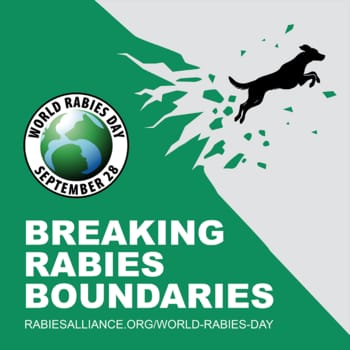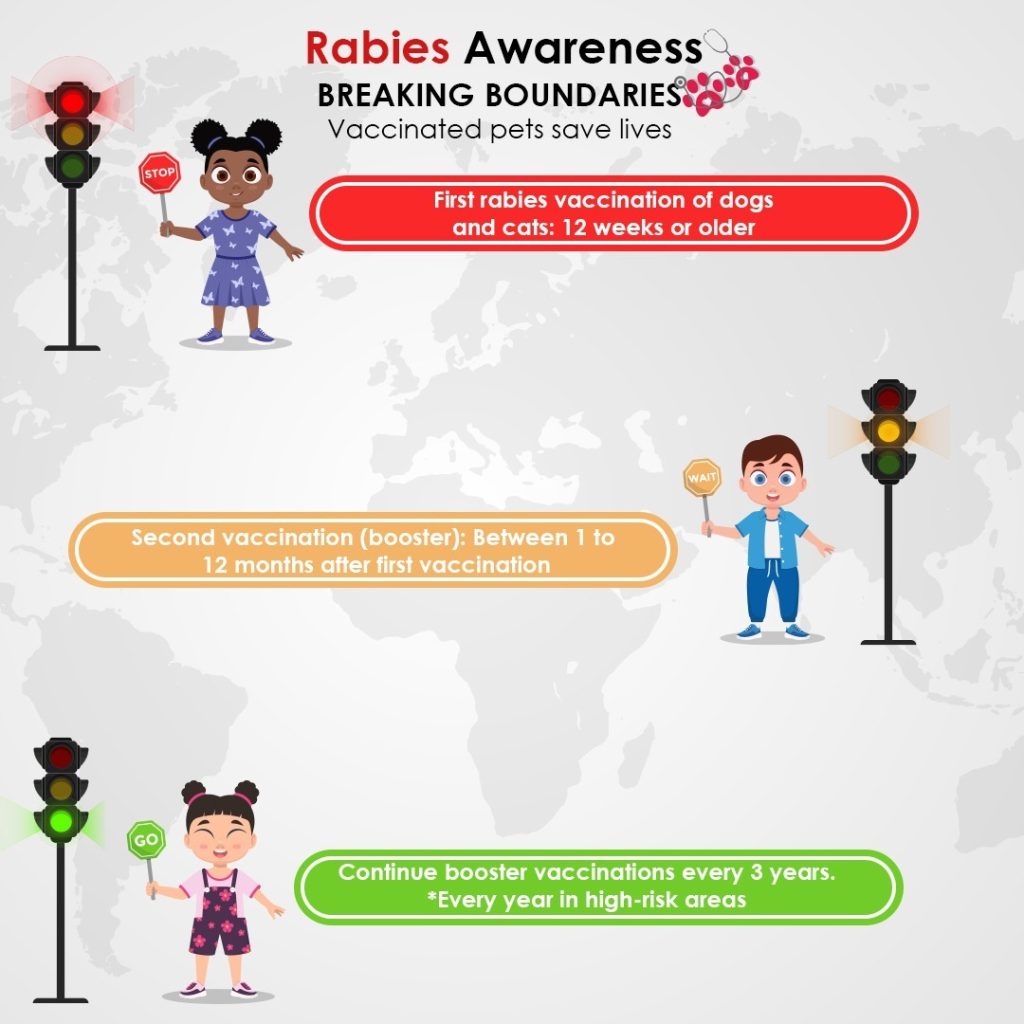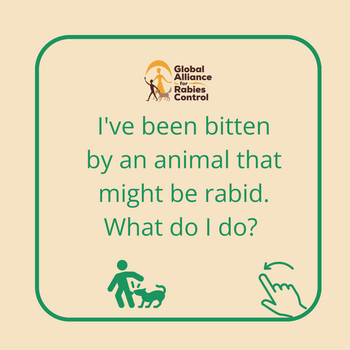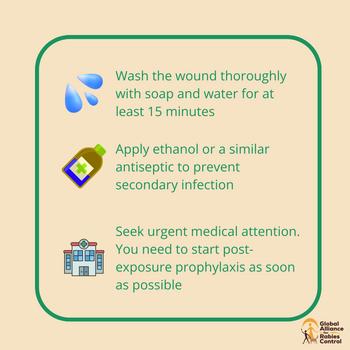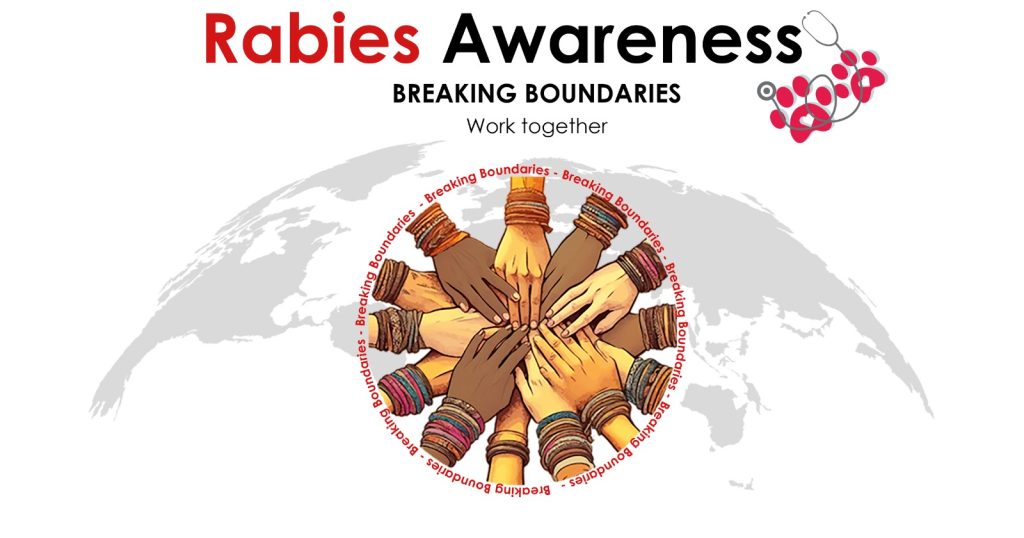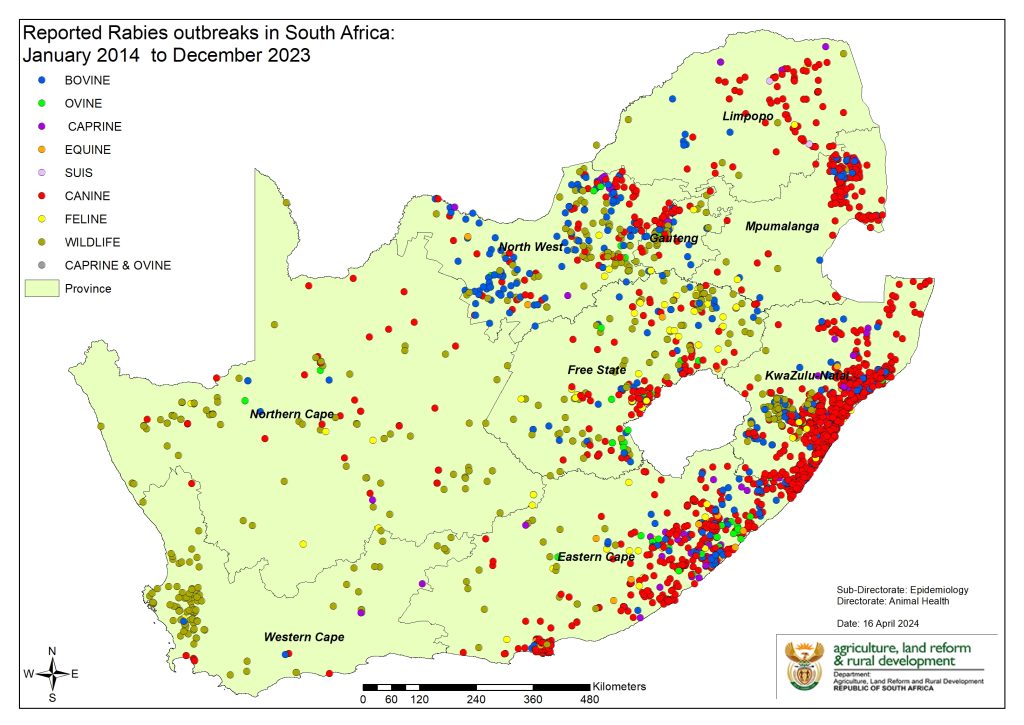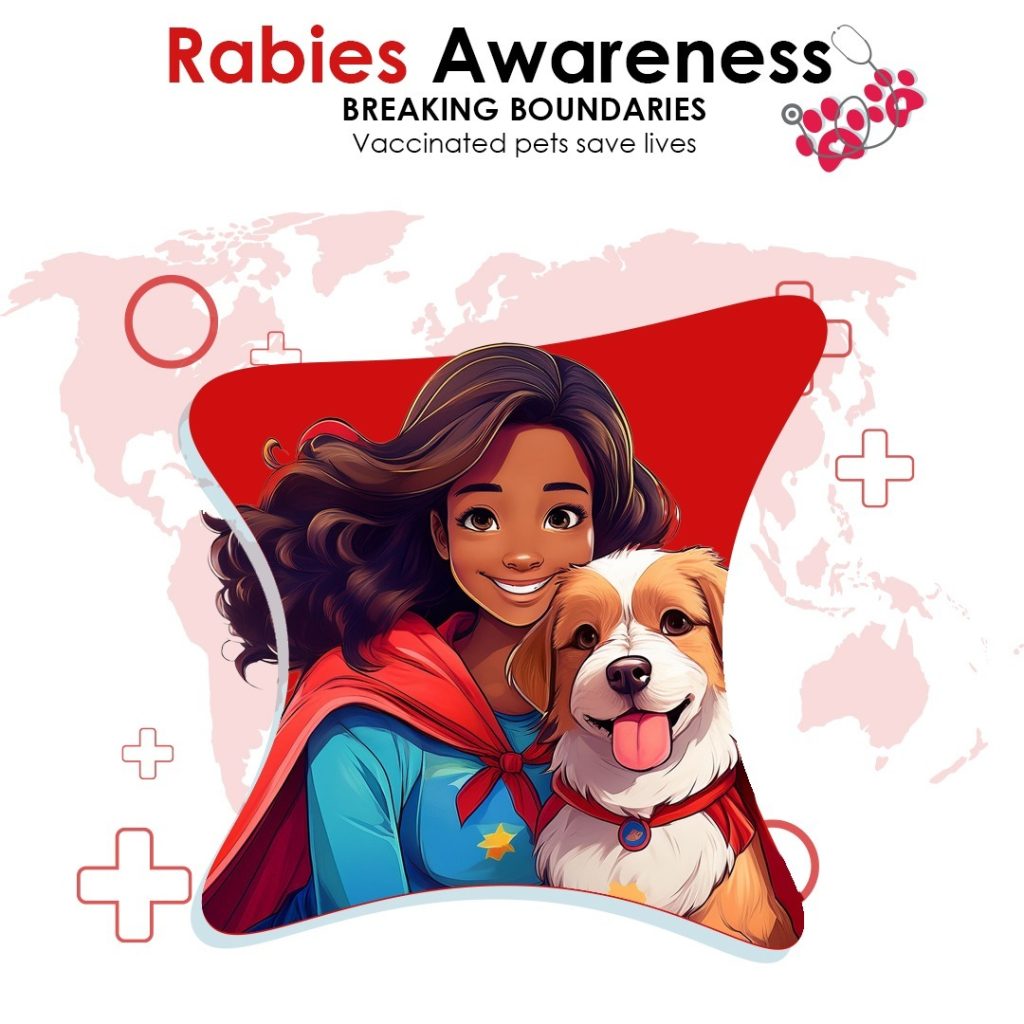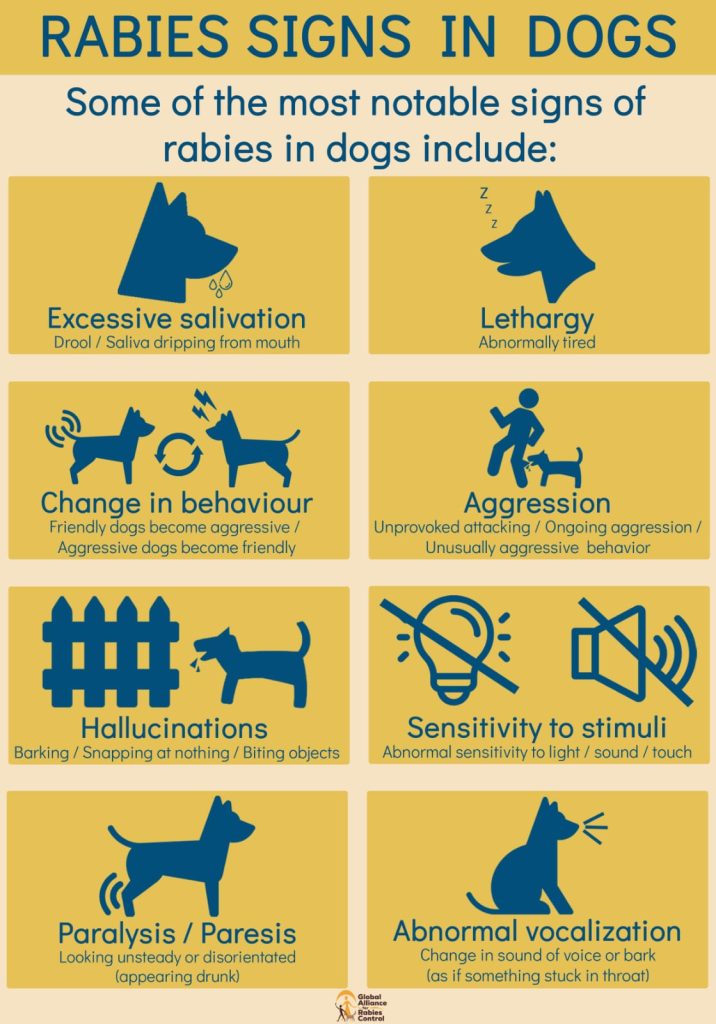
- UPDATE | DALRRD REPORT | Rabies in Cape Fur Seals | December 2024
- UPDATE REPORT | FOOT AND MOUTH DISEASE OUTBREAK | 2022 – 2024
- RABIES | Breaking Boundaries | 28 September 2024
- INFORMATION | Agrimall Group Launch | NAHF | 2024
- INVITATION | Veterinarian | Vaccines and Immunization of Farm Animals | Practical Guidelines | 2024



